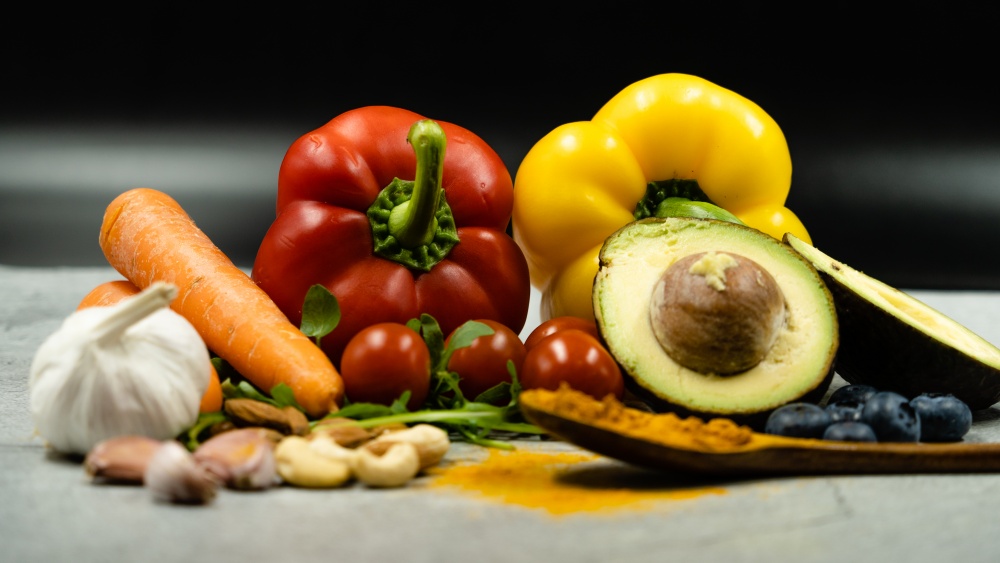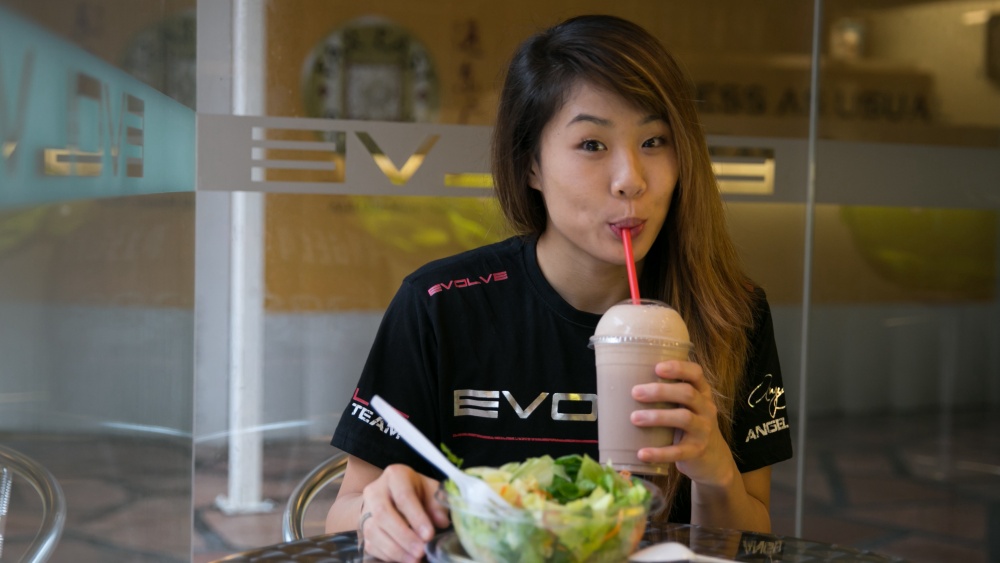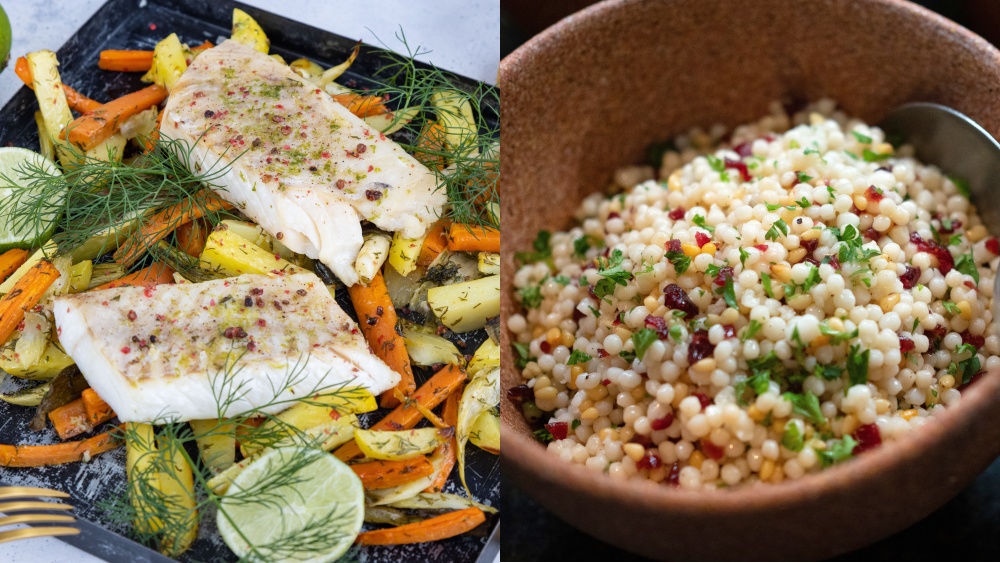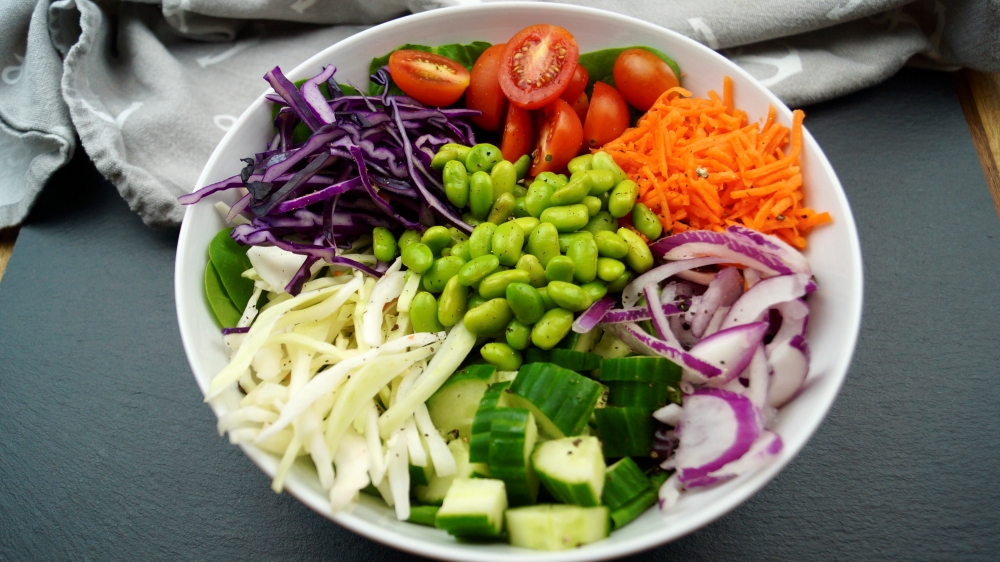As martial artists, have you ever wondered what happens to the food you eat, once it enters your body? It goes through a complex chemical process that transforms that food into energy. What you consume right now doesn’t necessarily get absorbed by the body immediately, so most of the talk about pre-workout and post-workout meals can be a little misleading.
There are complex processes involved in how food is converted into energy that is usable by your body. Knowing this information is important because understanding how food is digested can help us make better decisions when it comes to nutrition, or the time we eat, for example, and perhaps even improve our relationship with food in the long run.
This is especially important if you plan on taking control of your diet and really honing your knowledge of macros to live a healthier life. If you’re curious about what happens inside your body after you eat, let’s dive in and take a closer look. Today, Evolve Daily explains what happens to the food you eat, and how long it takes to digest.
What is digestion, and what happens during this natural process?
In a nutshell, digestion is the process of ingesting food by physically chewing and swallowing, and then chemically breaking down that food into what is called chyme. From here, your body will then break that down even further and absorb the nutrients from it, thereafter excreting any material waste your body doesn’t need.
While it may seem odd to think, the digestive system is essentially a long, hollow, convoluted tube that extends from the mouth to the anus. It involves accessory digestive organs such as the appendix, pancreas, and liver.
There are three phases to digestion that begin as soon as food enters your mouth: the cephalic, gastric, and intestinal phases.
It might sound complicated, but this is actually a somewhat simple concept to understand. The complexity of digestion happens on the microscopic level, but that’s not something you really need to know unless you’re in the medical field, so we’re not going to touch on that for now.
Once the food is in the stomach, the second phase commences, which involves chemically breaking the food down through stomach acids to release nutrients. Lastly, the intestinal phase takes the food, which has been converted into a gooey substance at this point and absorbs the nutrients that have been released, as well as the moisture. As the moisture is absorbed, the chyme now solidifies and takes the very familiar form of stool.
How long does the entire process take?
For individuals with optimal digestive processing, the normal transit time of the food you eat from when you eat it until it comes out on the other end is between 24 and 72 hours on average but can be longer for females.
Chewing food takes mere seconds for most people, and when you swallow, it takes two to three more seconds to squeeze the food down into your stomach. Some people may think that the transport of food from the mouth is powered, or at least supported by gravity, but swallowing is actually an active process that engages smooth muscles in the esophagus.
Once in the stomach, the food sits immersed in your stomach acids for about 30 minutes, after which it then leaves the stomach and moves into the small intestine. This process takes about two to five hours. It takes between two hours and six hours to pass through the small intestine, and as the part of digestion with the longest duration, anywhere between 10 to 59 hours to pass through the large intestine and come out as stool.
All in all, it takes anywhere between 14 and 70 hours for food to travel through 30 feet of digestive organs.
What affects digestion and its duration?

Gender, metabolism, and any digestive conditions are generally what affect the duration of the digestive process. When digestion is accelerated, it comes out as diarrhea because the large intestine doesn’t have enough time to reabsorb all the moisture. This can be triggered by viral and bacterial infections, spicy food, as well as any food intolerance.
On the other hand, constipation happens when food passes the large intestine very slowly, allowing it to reabsorb too much water and resulting in very hard stool, which has difficulty getting out.
The type of food you eat also affects how long it stays in the body. Fruits and vegetables pass quickly since the body has no means of breaking down fiber. This is also why fiber enhances the digestive process. On the other hand, protein-rich food takes more time to digest. Fatty food takes the longest since it is not water-soluble, so it requires special steps to be absorbed by the body.
Sugary treats such as candy and chocolate are the fastest to absorb, giving you a whole lot of calories but making you hungrier, faster. So keep that in mind, those of you with a sweet tooth.
Tips for better digestion

We all experience the occasional digestive symptoms such as heartburn, gas, diarrhea, and constipation, but good eating habits can minimize the number of incidences of such. Here are some tips you can follow for good digestion:
- Drink plenty of water. Constipation is most commonly caused by inadequate water intake, so keep hydrated to speed things up.
- Eat a lot of fiber. There are two types of fibers: insoluble fibers add bulk to your stool, while soluble fibers absorb moisture, so your stool isn’t too watery.
- Incorporate healthy fats. Fatty food generally slows down digestion, which can lead to constipation, but sticking to eating healthy fats can help with satiety and nutrient absorption.
- Manage your stress. Stress has a direct impact on how your body regulates its hormones, and stress hormones shift your body into fight or flight mode, which diverts blood and energy away from your digestive system and slows digestion.
- Eat mindfully. It’s easy to eat too much too quickly when you’re not paying attention, which can result in constipation, gas, and bloating. Stay in the moment and enjoy your food without any distractions.
You may also like:
















